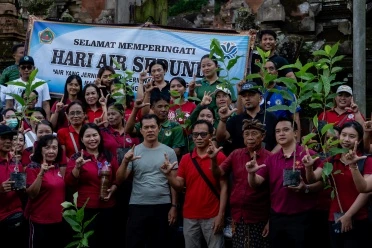Bali’s famed island getaway, Nusa Penida, is taking a bold step into the digital future. The Klungkung Regency Government has announced a full transition to a cashless system for tourism taxes and entry fees across the Nusa Islands, effective immediately.
The change applies to all visitors heading to Nusa Penida, Nusa Lembongan, and Nusa Ceningan.
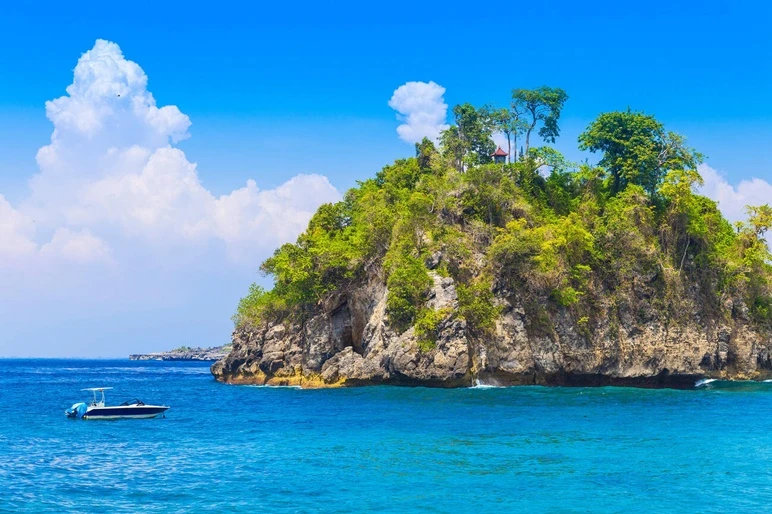
The move is being positioned as a push for transparency, accountability, and efficiency. Instead of paying fees in cash at entry points or on-site counters, tourists are now expected to settle retribution charges and e-tickets using debit or credit cards. While some travel agencies and tour operators may include the fees in package rates, individual travelers are urged to come prepared with a payment card just in case.
A Smart Response to Persistent Challenges
The shift to digital payments reflects broader efforts to curb long-standing issues of fund mismanagement in Bali’s tourism hotspots. With a fully traceable transaction trail, the new system is designed to eliminate financial leakage and increase trust in how tourist dollars are collected and allocated.

On paper, it’s a straightforward fix to a recurring problem. But beneath the surface, the move also signals a significant cultural and operational transformation for an area long reliant on informal cash-based systems. Local vendors, boat operators, and unofficial guides may face increasing pressure to adapt—or be left behind—as the island modernizes its tourism management practices.
How Tourists Are Affected
As of 2025, all adult visitors to the Nusa Islands must pay a Tourist Retribution Fee of IDR 25,000, while children are charged IDR 15,000. These payments are separate from Bali’s provincial tourism levy and visa fees. Additionally, travelers engaging in water activities such as snorkeling, scuba diving, or other marine tourism within the Nusa Penida Marine Protection Area will need to pay extra fees, also processed through the new system.
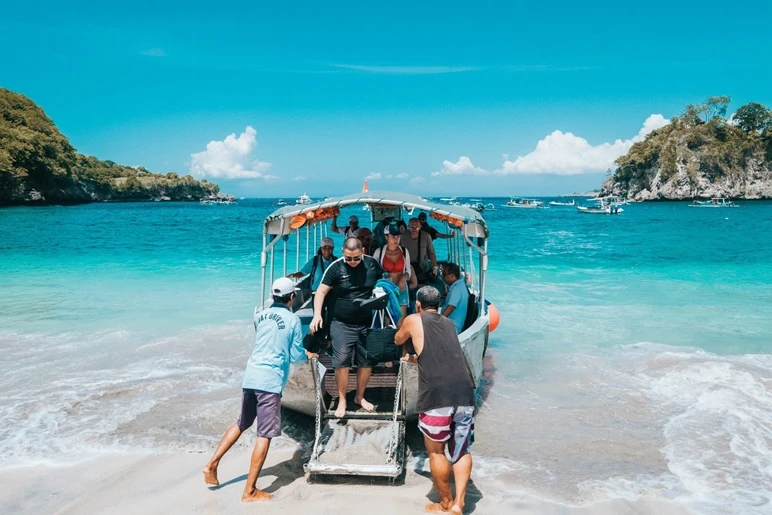
The policy offers potential convenience for travelers who prefer cashless transactions. However, it also introduces a level of rigidity that could cause friction, especially for tourists unaware of the requirement or lacking suitable payment methods. That’s why authorities are advising all visitors to carry both cards and a small amount of cash to cover any unexpected needs beyond government-mandated fees.
Revenue Reinvestment: Promise or Pressure?
There’s optimism surrounding what this system might achieve for Nusa Penida’s long-term development. With clear records and higher collection rates, Klungkung Regency is aiming to generate IDR 40 billion annually through tourism taxes and ticketing fees. These funds are expected to support badly needed infrastructure improvements.
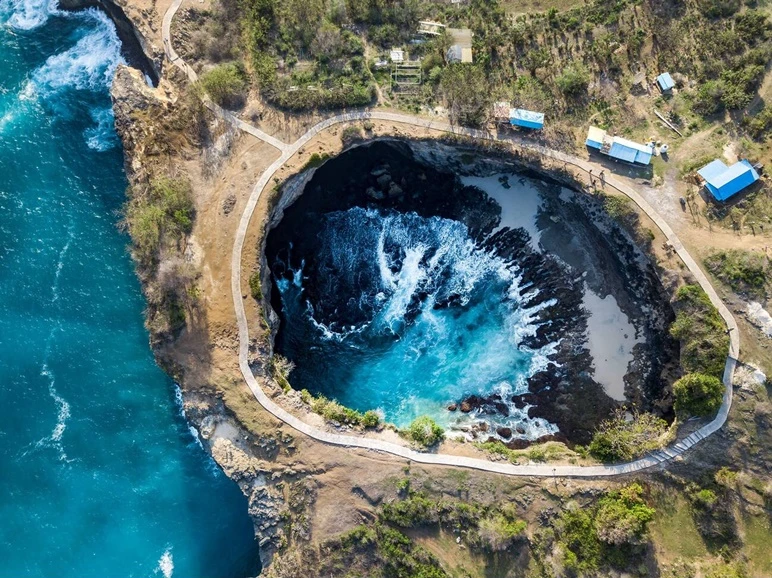
Among the first priorities is the construction of a new road connecting Broken Beach and Angel’s Billabong, two of the island’s most heavily visited natural landmarks. The proposed one-kilometer road is intended to improve tourist safety and ease of access. But the real test will be in how quickly and transparently these promises materialize.
A New Image for Nusa Penida
Beyond practical improvements, the shift also aims to elevate the island’s image. By aligning with national goals for electronic financial systems, Nusa Penida is presenting itself as a professional, forward-looking destination. In a region increasingly scrutinized for over-tourism and underdeveloped infrastructure, this modernization could be a turning point.
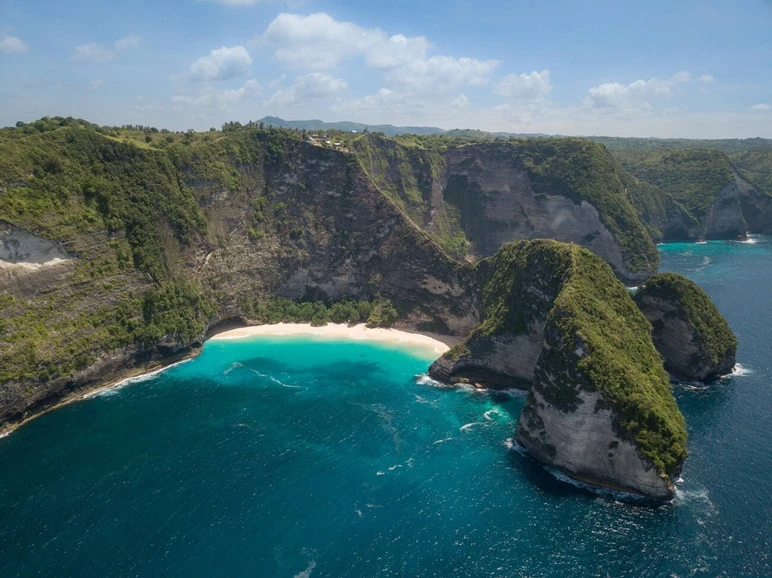
The transition to a fully cashless system may seem like a small administrative update, but its implications reach far wider. It represents both a necessary step forward and a challenge to balance progress with inclusion. For now, Nusa Penida is setting the tone for what tourism in Bali might look like in a more connected, accountable future.



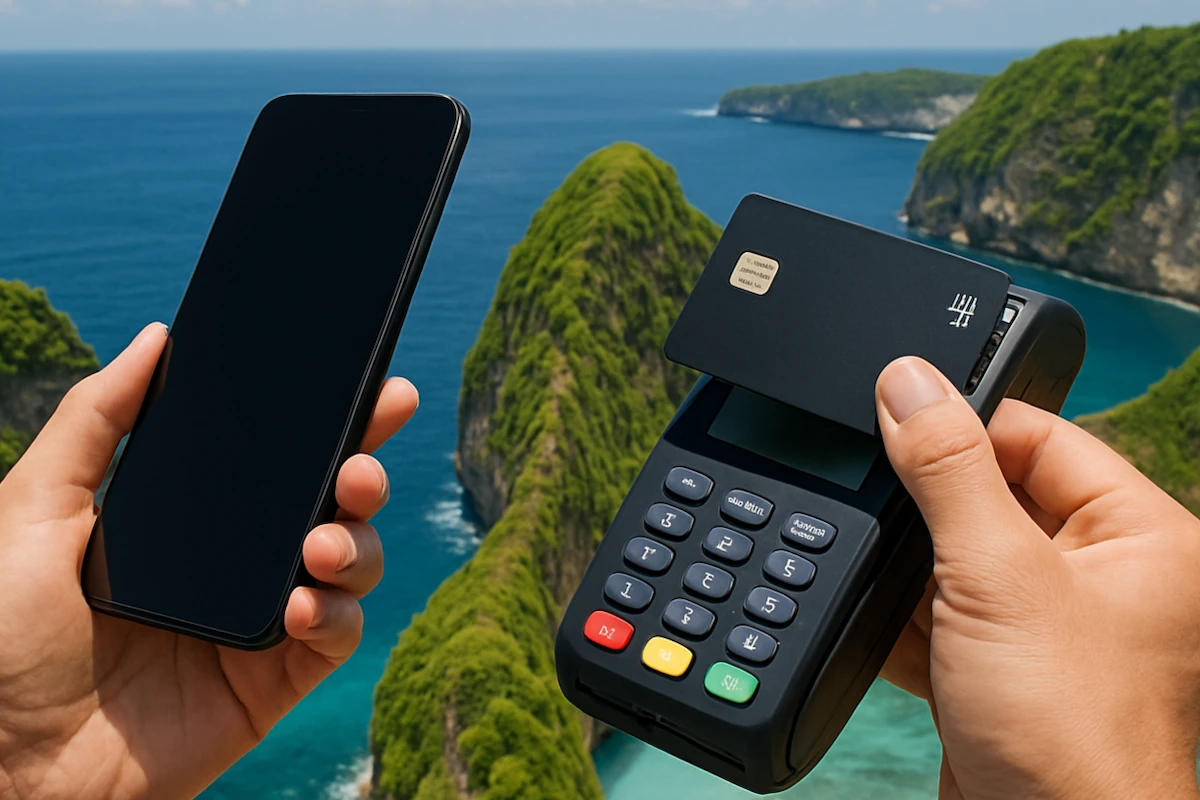
 Billy Bagus
Billy Bagus
 Aug 08, 2025
Aug 08, 2025


